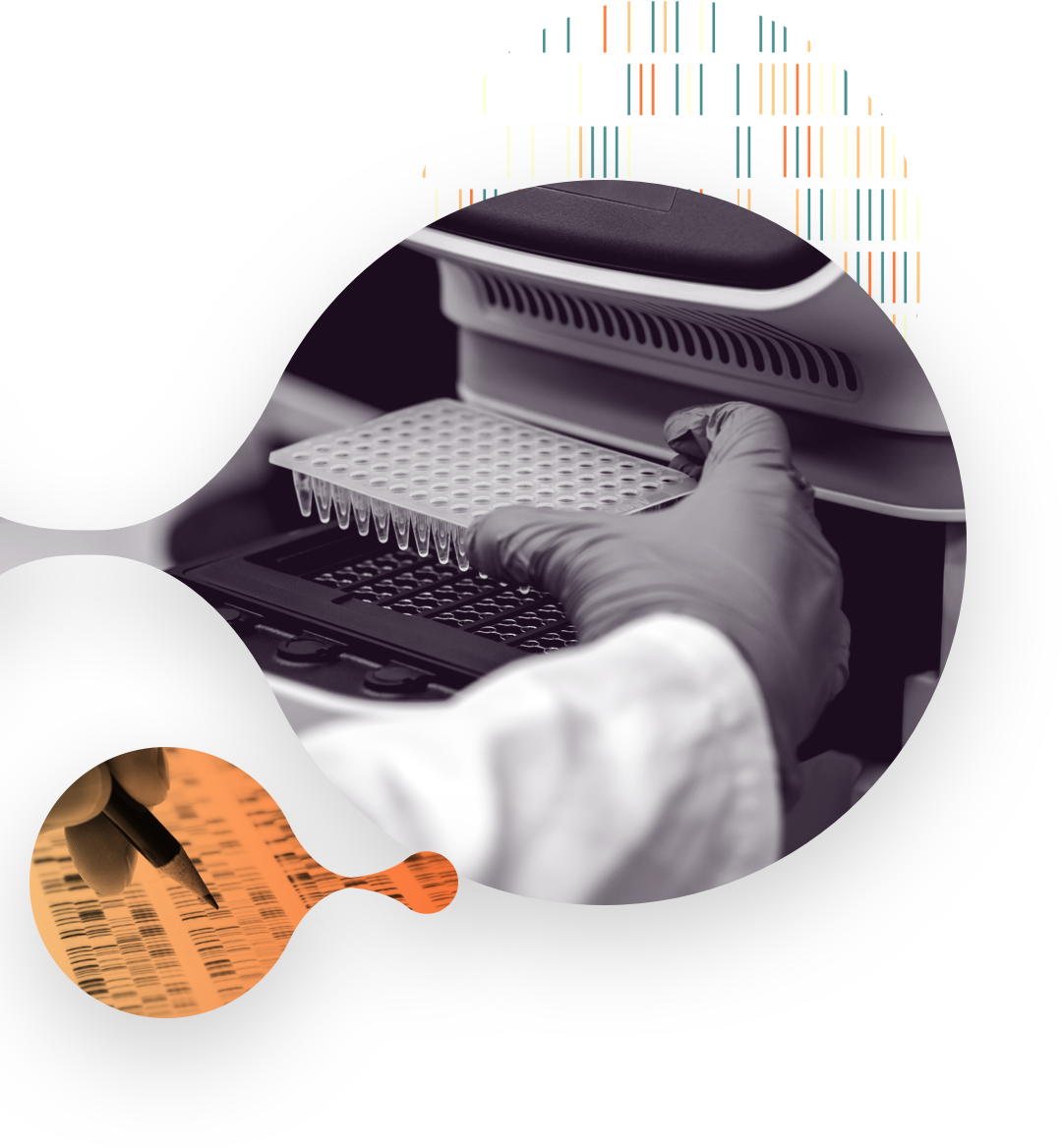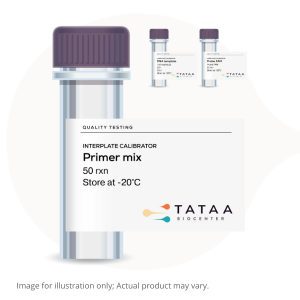TATAA Interplate Calibrator (IPC) – Inter-Variability Control for qPCR
IPC250S
Vendor: TATAA Biocenter AB

Not seeing what you're looking for?
TATAA carries thousands of products from our huge list of distributors.
Vendor: TATAA Biocenter AB
